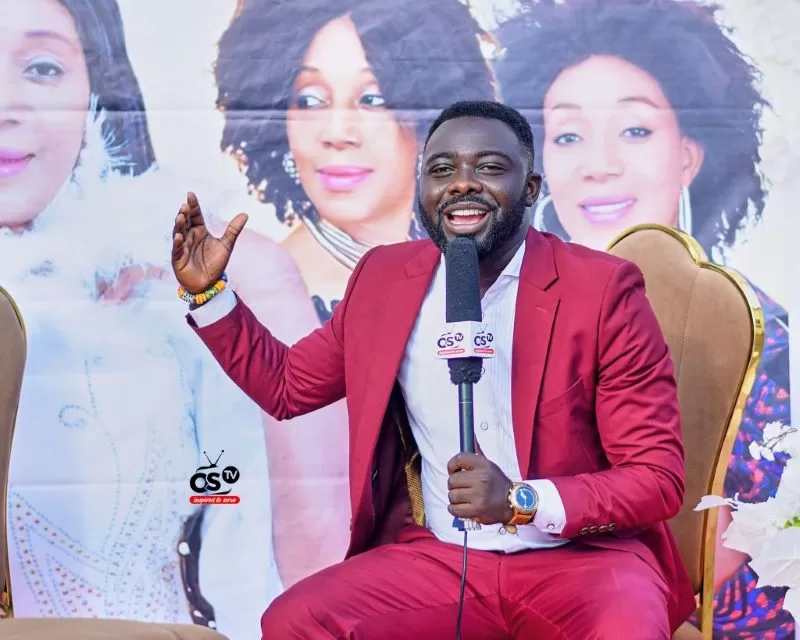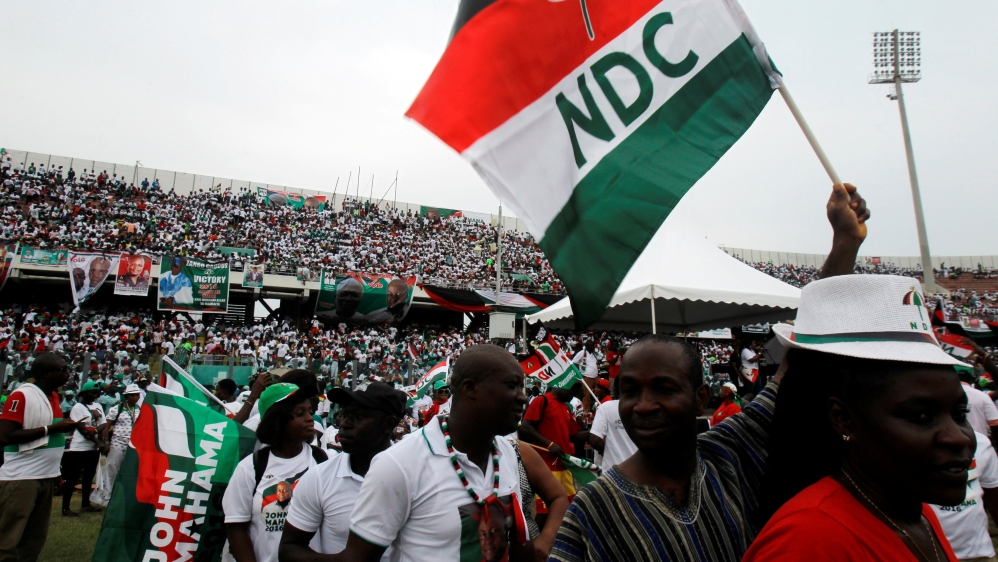In recent times, the global conversation surrounding LGBTQIA rights and acceptance has become increasingly prominent. As various societies grapple with the complexities of this issue, it inevitably seeps into different domains, including the music industry
Ghana, known for its vibrant gospel music scene, finds itself at the intersection of these discussions. In this article, we delve into the perspective of gospel artists in Ghana and their stance on affiliating with organizations that support or celebrate LGBTQIA rights.
Supporting Politicians vs. Supporting Social Movements:
Ghanaian gospel artists have long been mindful of their public image and the impact their affiliations can have on their careers. While some artists openly align themselves with political figures, others opt to remain neutral, avoiding explicit endorsements.
The recent celebration of the LGBTQIA community by the Grammy’s Recording Academy has raised questions about whether gospel artists should similarly engage with organizations that support such movements.
Artistic Expression and Societal Expectations:
Music, particularly gospel music, is often a reflection of personal beliefs, values, and faith. Gospel artists are revered not only for their musical talent but also for the messages conveyed through their songs.
In a deeply religious country like Ghana, these artists are regarded as moral compasses, their lyrics shaping the spirituality and beliefs of their listeners. Consequently, societal expectations play a significant role in the decisions they make regarding their affiliations.
The LGBTQIA Debate and Ghana:
Ghana, like many other nations, faces a complex and sensitive dialogue surrounding LGBTQIA rights. The majority of Ghanaians hold conservative views on the matter, with a significant portion advocating against its acceptance in the country.
In this context, gospel artists find themselves in a challenging position, torn between their faith-based convictions and potential backlash from their audience if they associate with organizations that support LGBTQIA rights.
Taking a Stand: Rejecting Offers and Affiliations:
Given the current state of affairs, renowned gospel music pundit, Steven Owusu, also known as The ‘Shishiishi’ Man, propose that gospel musicians should not align themselves with organizations that support or celebrate LGBTQIA rights.
Owusu suggests that if gospel artists refrain from endorsing politicians due to concerns about political affiliations, they should similarly abstain from affiliating with societies or organizations that advocate for LGBTQIA rights.
A Call for Government Intervention:
Owusu and like-minded individuals are actively urging the Ghanaian government to stand firm against accepting LGBTQIA rights in the country. They argue that the government should reject offers from Western nations that aim to promote LGBTQIA acceptance.
This viewpoint aligns with the prevailing sentiment among many Ghanaians who strongly oppose the normalization of LGBTQIA rights.
Conclusion:
The intersection of music, faith, and societal expectations presents a complex dilemma for Ghanaian gospel artists. As the country grapples with the LGBTQIA debate, artists find themselves navigating a delicate balance between their personal beliefs, artistic expression, and the expectations of their audience. While some argue for complete disassociation from LGBTQIA-supporting organizations, others may see an opportunity for dialogue and compassion.
Ultimately, each artist must determine how best to align their personal convictions with the evolving social landscape, keeping in mind the potential ramifications for their careers and the impact their art has on the wider community.
By Steven Owusu also Known as The Shishiishi Man

















